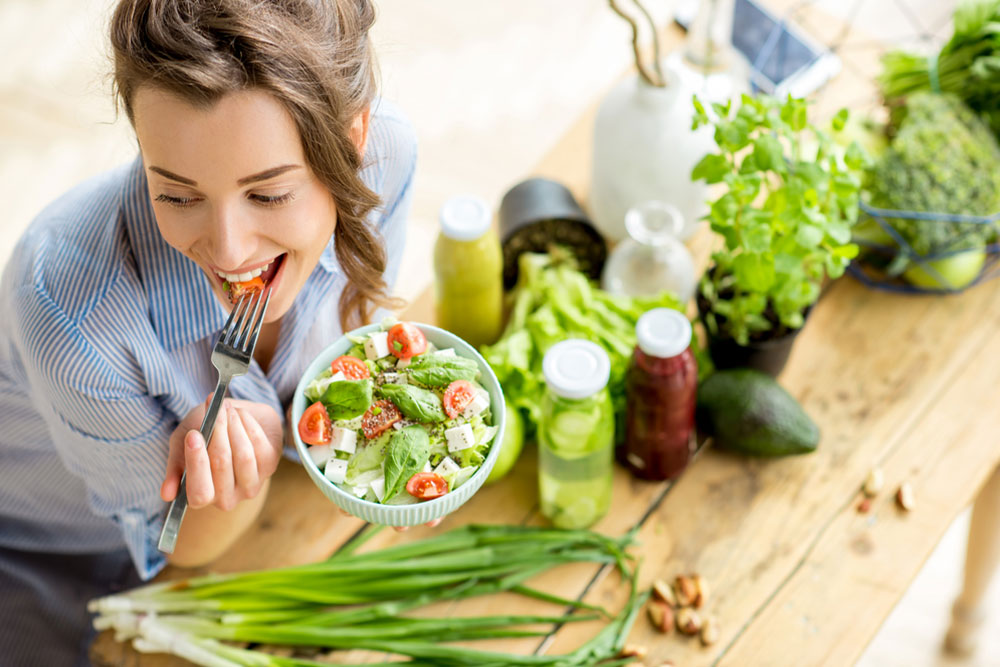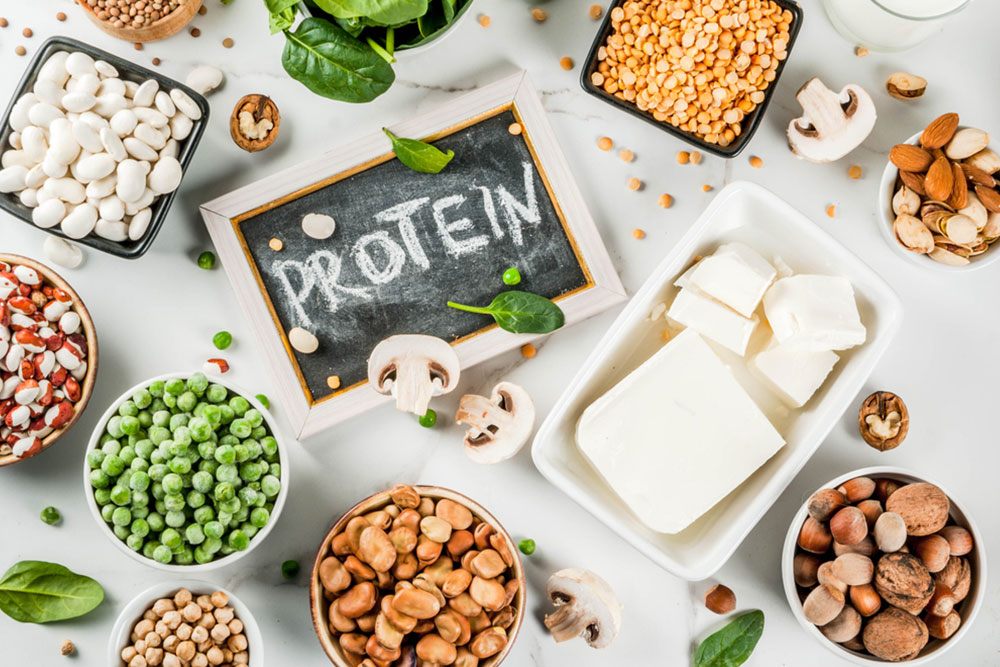Over the last decade (or a little more), veganism has gained immense popularity as not just a diet but a lifestyle that is sustainable, environment friendly, and cruelty-free. A vegan lifestyle today encompasses everything from what you put in your body for nutrition, to what you wear and how you live. But the creation of this umbrella term traces its origins back to 1944, when Donald Watson, a woodworker, first used the word vegan to describe people who were not just vegetarians but also avoided dairy, eggs, and all types of animal-based foods. Watson’s little movement initially had a reach of just 25 subscribers of the Vegan Society’s newsletter. By the time Watson passed away in 2005, veganism had been adopted by over two million people in the world, including people dedicated to sustainable living, like Greta Thunberg.
But while many committed to sustainable living are picking up veganism as a diet and a lifestyle, is it suited to you? What are the challenges you’re likely to face if you do adopt veganism in India? We talked to Dr Eileen Canday, the head of the Nutrition and Dietetic Department at Sir HN Reliance Foundation Hospital and Research Centre, and here’s what she had to say.
Veganism: The key to a sustainable lifestyle?
It must, first of all, be explained exactly why starting out with a vegan diet is considered to be the key to living a sustainable lifestyle. A 2019 study titled Vegetarian Diets: Planetary Health and Its Alignment with Human Health, published in the journal Advances in Nutrition, explains that maintaining planetary health would require humans to limit the exploitation of natural resources. There is a direct link between our food systems and environmental issues like climate change, degradation, loss of biodiversity, and other impacts which are bound to threaten our food security in the long run. Also, current dietary patterns of the majority people in the world is rich in animal products and use excessive calories; they are therefore a major health risk.
The best way to resolve the diet-environment-health trilemma is to shift towards a plant-based diet. Most plant resources are less resource intense, aren’t taxing on the environment, and provide an abundance of nutrition to humans if properly planned and executed. But a plant-based diet is not synonymous with veganism alone. “Vegetarians and flexitarians can also follow a sustainable diet if adequately planned, with appropriate food items in adequate quantities,” Dr Canday says. The highlight has to be on being conscious of your consumption and tailor it to benefit both yourself and Mother Nature best.

The pros and cons of switching to veganism
If you do want to commit to a vegan diet and lifestyle, then you should be aware of what you’re getting into and plan accordingly. Dr Canday believes that though the transition may seem challenging at first, it can be easily made by all Indians. “Veganism is highly sustainable with Indians since a large population of the country follows vegetarianism,” she says, adding that “many vegan food options are widely available in the country.” This is indeed true, as even if you cut off Indian vegetarian staples like paneer, ghee, milk and even honey, you still have a wide range of highly nutritious fruits, vegetables, whole grains, lentils, and more to choose from. Equally abundant are vegan recipes from across the nation, which have been traditionally prepared for centuries.
However, many experts are critical of veganism because it can be quite an extreme transition. Dr Canday suggests awareness of what a healthy and wholesome vegan diet consists of can help a long way in getting it right. “Vegan diets can be nutritionally sustainable and balanced when planned with appropriate food items, fortified food and adequate quantities,” she says. “People following a poorly planned vegan diet are usually deficient in protein, but protein requirements can be met by including protein-rich vegan options like pulses, soy, and soy products like tofu, nuts, and seeds.” Many whole grains like bajra and quinoa are also rich sources of protein, and so are vegetables like spinach and mushrooms.
Ideally, anybody looking to adopt a vegan diet should consult a nutritionist to ensure their diet is balanced and a source of all essential nutritional needs. Getting yourself checked for nutritional deficiencies regularly, especially in the beginning, is a must. “Protein, vitamin B12, vitamin D and omega-3 deficiencies are common in a vegan diet,” Dr Canday says, adding that dietary supplementation for these nutrients may be required if any deficiency is detected.

Tips to get started with veganism
When you do know how to go about adopting a vegan diet properly, and are ready to make the commitment, start out on your journey with confidence. However, many people who make the transition suddenly do risk giving up on it after a few months. This can especially happen if you get into this new lifestyle without thinking it through or taking the huge impact and changes it may dictate for you. Dr Canday says that sticking to a vegan diet can take determination, and recommends the following tips for you.
1. Transition into the diet gradually
Dr Canday says it’s essential to give your body time to get adapted to a new diet, so you need to make the transition gradually and slowly instead of jumping right into it without preparation. The transition can be especially difficult for non-vegetarians, so it needs to be planned out with precision. “If you are non-vegetarian, start by eliminating meat until you have adjusted. Follow this up by quitting eggs and then dairy,” she says.
2. Check food labels
“Many packaged food items may not directly mention that they contain animal products,” Dr Canday says. “Some labels also mention ‘dairy-free’ or ‘lactose-free’, but this does not necessarily mean vegan. Hence, it is important to check the ingredient list on the label. Watch out for animal-derived ingredients like casein, lactose, collagen, gelatine, lard, and albumen.”
3. Use food alternatives resembling meat
Using food alternatives that resemble the texture and consistency of meat and meat products can help make the transition easier for many. “Meat substitutes include soy-derived products like tempeh, or texturised vegetable protein (TVP) like soy granules and soy chunks,” Dr Canday says. “Seitan (gluten-derived), mushrooms, jackfruit, beans, and legumes can also resemble the texture of meat. Some egg alternatives include chia seeds, flax powder, and silken tofu.”
4. Always be prepared when dining out
Dining out with friends who aren’t vegan can be quite the challenge for you. Dr Canday recommends being prepared ahead of time with the following steps:
• Plan ahead and look for the restaurant menu online.
• Call the restaurant for vegan options, or check if they can cater as per your requirements.
• Opt for cuisines like Indian, Thai, and Mexican, which are ethnically composed of many vegan ingredients. Even then, it is advisable to check for the ingredients used in the food preparations.
• If there are severely limited options at the restaurant, eat beforehand, and opt for vegan beverages.